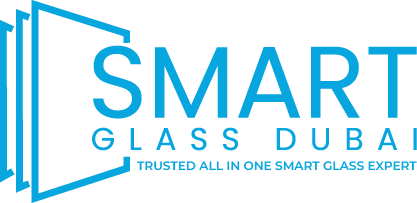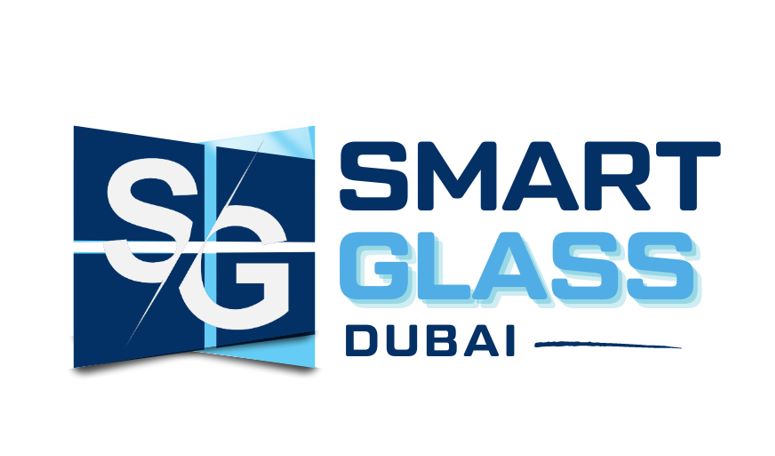Electrics glass technology, also known as smart glass or switchable glass, represents a significant advancement in modern architecture and design. This innovative material integrates electrical functionality with traditional glass, enabling users to control properties such as transparency, insulation, and energy consumption. In this blog, we will explore the key features of electric/smart glass technology, its benefits, and its potential applications in various sectors.
Introduction
In today’s rapidly evolving world, the demand for intelligent and energy-efficient materials is higher than ever. Smart glass technology is at the forefront of this transformation, offering a dynamic solution that can be adapted to various environments. Whether in commercial buildings, residential homes, or transportation, smart glass is revolutionizing how we think about and use glass.
Key Features of Smart glass Technology
Adjustable Transparency: One of the most notable features of smart glass is its ability to switch between transparent and opaque states. This is typically achieved by applying an electric current that reconfigures the orientation of liquid crystals or other materials embedded within the glass. This feature provides on-demand privacy, making it ideal for office spaces, conference rooms, and residential applications. Controlling transparency also enhances energy efficiency by reducing the need for blinds or curtains and optimizing natural light use.
Energy Efficiency: Smart glass technology contributes to energy savings in several ways. Adjusting the glass’s transparency can help regulate indoor temperatures, reducing the need for artificial heating or cooling. Some types of smart glass are designed to reflect or absorb sunlight, further enhancing energy efficiency by minimizing the reliance on HVAC systems. Additionally, the dynamic nature of the glass means that spaces can be more effectively managed to balance light and heat, leading to lower energy consumption overall.
Enhanced Security and Safety: Smart glass offers enhanced security features beyond its aesthetic and functional advantages. In its opaque state, the glass can act as a deterrent against prying eyes, making it more difficult for unauthorized individuals to see inside. Moreover, some smart glass products are designed with additional layers that enhance their strength and durability, making them more resistant to breakage and providing an extra layer of safety in case of impact.
Customizable and Versatile Designs: Smart glass is not limited to a single style or application. It can be customized in size, shape, and even colour, allowing architects and designers to incorporate it seamlessly into various projects. Whether used as a partition, a window, or even as part of a building’s façade, smart glass offers flexibility that traditional glass cannot match. This versatility makes it a popular choice in modern architecture and interior design.
Integration with Smart Technology: The rise of smart homes and buildings has further driven the adoption of smart glass technology. This material can be integrated with other intelligent systems, allowing users to control the glass through mobile apps, voice commands, or automated settings. For instance, smart glass can be programmed to adjust its transparency based on the time of day, weather conditions, or occupancy, contributing to a more responsive and interactive living or working environment.
Conclusion
Smart glass technology is a game-changer in architecture and design, offering a blend of functionality, aesthetics, and sustainability. Its key features, including adjustable transparency, energy efficiency, enhanced security, customizable designs, and integration with innovative technology, make it an attractive option for many applications. As the demand for intelligent and energy-efficient solutions grows, smart glass is poised to play a pivotal role in shaping the future of building design and functionality. Whether used in commercial, residential, or transportation sectors, smart glass is more than just a material—it’s a vision of what modern living can be. For more information you can contact us.


